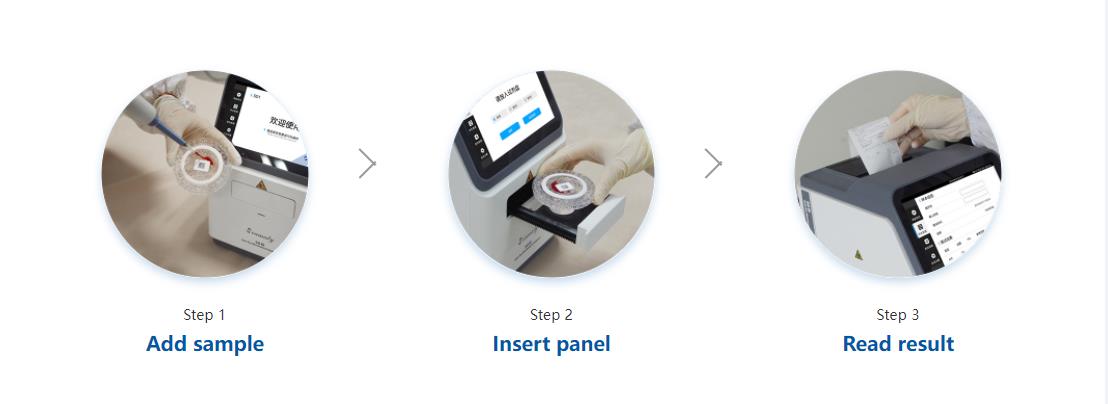
2021-10-08
1. The brand of biochemistry analyzer: The creation and cultivation of a brand is not something that happens overnight. If a medical device manufacturer can establish a long-lasting brand, it is more important to do all the work in every aspect. Choose a big brand of biochemical machines can be guaranteed in the quality of the product and after-sales service.
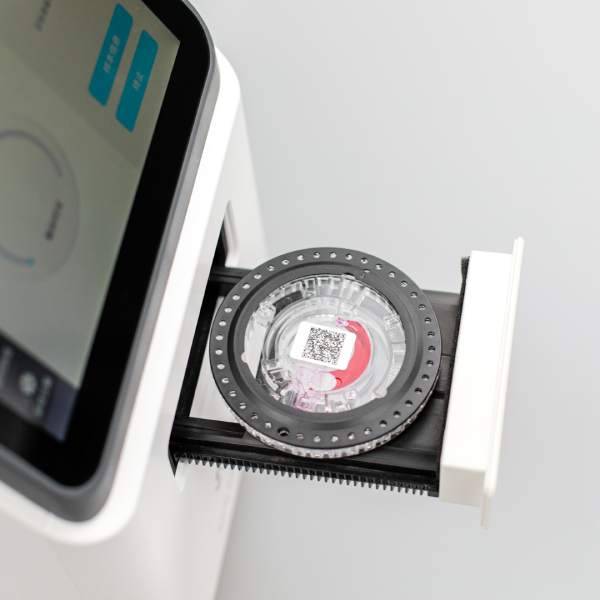
2021-09-30
With a fully automated biochemistry analyzer, the entire process from sample loading to result generation is done automatically by the instrument. The operator only needs to place the sample in a specific position on the analyzer. The operator then selects the program and starts the instrument to wait for the test report.
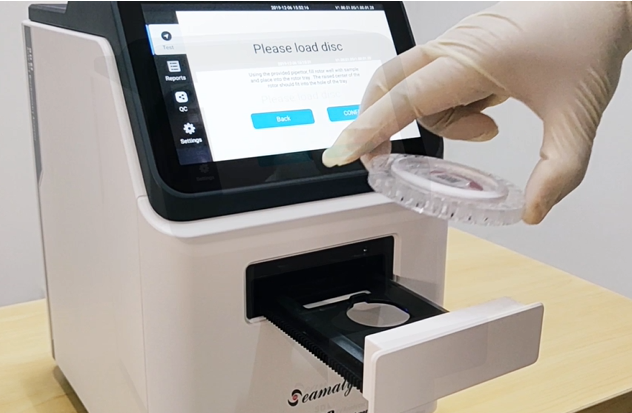
2021-09-29
When choosing a biochemistry analyzer, you can have a lot of doubts when facing the testing speed and optical parameters of biochemistry analyzers. This article will provide you with a detailed introduction to the testing speed and optical parameters of biochemistry analyzers.
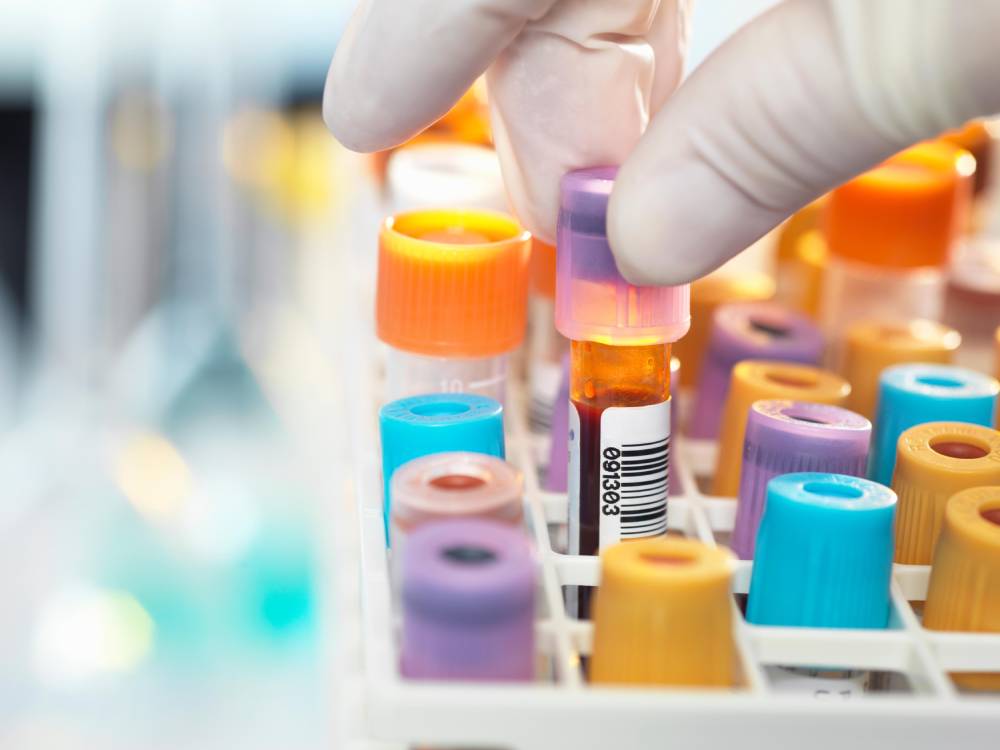
2021-09-27
There are two types of blood gas analyzers. One is the dry blood gas analyzer. The other type of wet blood gas analyzer, also called packet blood gas analyzer. Here is a brief description of the difference between dry and wet blood gas analyzers!
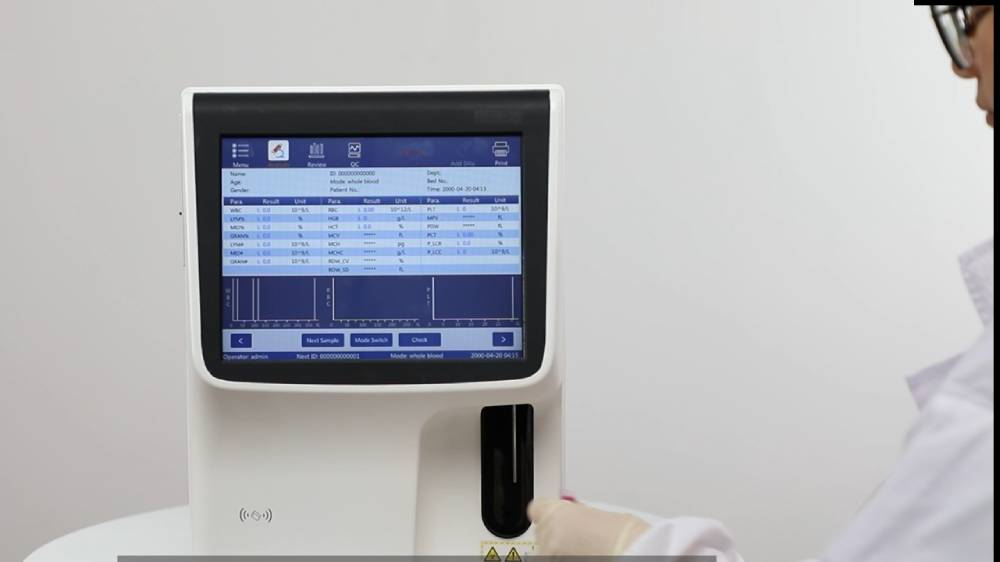
2021-09-26
A hematocrit analyzer is a device used to perform a complete blood count (CBC) or hemogram. It allows quantitative and qualitative analysis of the elements formed in the blood. Examples include red blood cells, white blood cells and platelets. Blood cell analyzers are mainly used in medical analysis laboratories or hospitals with hematology departments.
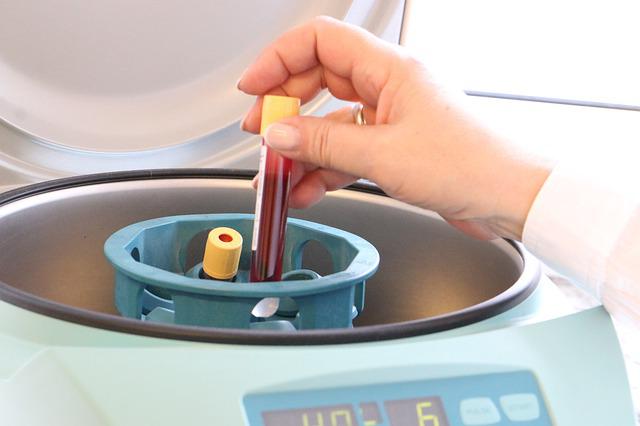
2021-09-24
Most fully automatic biochemical analyzers currently use dual reagents to detect samples. Reagents R1, R2 aspirate and spit out, generally equipped with only one set of reagent needles respectively. When the reagent needle is incompletely cleaned, or when adhesion increases, residual reagents may have an impact on the next pro-test results.